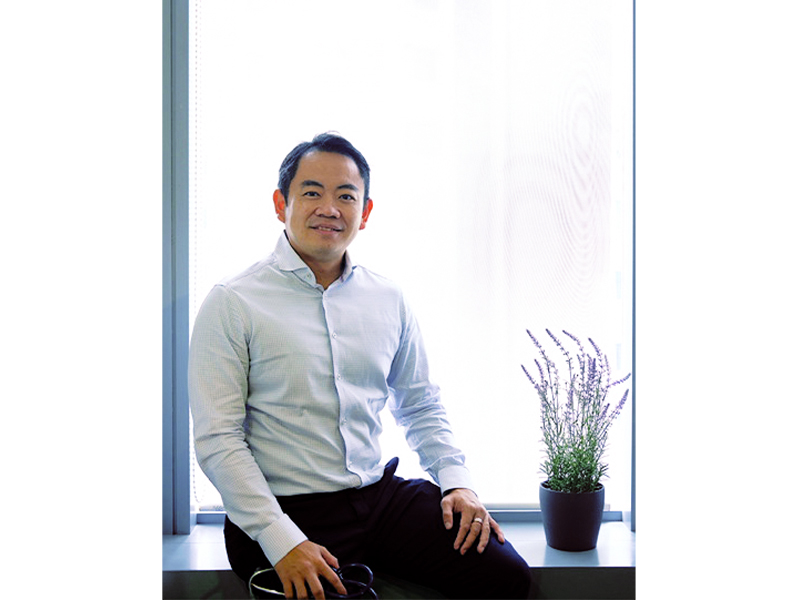DR OOI WEI SEONG of International Cancer Specialists explains how new treatments are turning the tables on lung cancer. In Singapore, 78,824 cancers were diagnosed between 2015 and 2019. Lung cancer ranked the third most common cancer in males, after colon and prostate cancer. It also came in third in females, behind breast and colon cancer. There are about 2,000 new lung cancer cases in Singapore every year; worldwide, it’s still the leading cause of cancer deaths.
“The good news is that the incidence of lung cancer has been decreasing worldwide, with better treatment options improving survival rates,” says Dr Ooi.
Another trend, says Dr Ooi, is that more lung cancer cases are being diagnosed in “never-smokers” and in the female population. These are due to gene mutations in the cells that cause uncontrolled cancer growth and spread. This is one cause of lung cancer; the leading causes are still smoking, second-hand smoke and environmental pollution.

Lung cancer symptoms & signs
Lung cancer arises from the cells lining the lung airways. They are classified as non-small cell lung cancers (NSCLC), and the more aggressive small cell lung cancer (SCLC).
Lung cancer symptoms often develop late, leading to delayed diagnosis. There may be persistent cough, breathlessness or pain in the chest or other parts of the body. Other signs and symptoms include recurrent chest infection, coughing out blood, hoarseness and unexplained weight loss.
Lung cancer treatment usually involves one or more of the following modalities depending on the stage of the cancer: surgery, chemotherapy, radiation, targeted therapy and immunotherapy.
“Early stages of the cancer are curable,” says Dr Ooi. “The last stage is when it has spread beyond the original site, for example to other parts of the lung, the bones, liver and adrenal glands. At this point, we aim to control the disease and keep it stable for as long as we can.”
There has been massive research and recent development in the field for advanced lung cancer in the form of targeted therapy and immunotherapy, leading to drastically improved survival rates and, more importantly, quality of life.
Therapy & immunotherapy
Targeted therapies are drugs, usually in pill form, that target specific gene mutations found in the lung cancer. These genes are responsible for the growth and spread of the cancer. Blocking them leads to cancer cell death. “Immunotherapy plays a major role in lung cancer treatment these days,” says Dr Ooi. “The infusions given are able to ‘awaken’ the body’s immune system to target cancer cells effectively.”
Treatment is highly personalised and no two lung cancers are treated the same way – this is thanks to molecular profiling, which helps to characterise each cancer down to the genetic level.
“Gone are the days where we would tell patients that we have no more treatments available after chemotherapy is exhausted and their time is limited,” observes Dr Ooi. “The advent of new therapies has truly turned one of the deadliest cancers into something very treatable.
“Being ‘too old’ should not be a barrier to receiving treatment as the modalities are well tolerated. Of course, prevention remains better than cure in lung cancer.”
International Cancer Specialists
290 Orchard Road, #15-01/02 Paragon Tower 1, Lobby F
6235 9005 | icscancer.com
This article first appeared in the December 2022 edition of Expat Living. You can purchase the latest issue or subscribe, so you never miss a copy!
Don't miss out on the latest events, news and
competitions by signing up to our newsletter!
By signing up, you'll receive our weekly newsletter and offers which you can update or unsubscribe to anytime.




